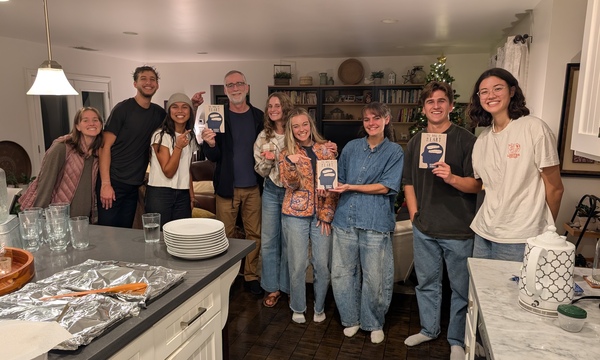On Monday, June 4, the U.S. Supreme Court issued its long awaited ruling in the Colorado case of Jack Phillips, the cake artist and owner of Masterpiece Cakeshop (Masterpiece Cakeshop v. Colorado Civil Rights Commission). You may remember that Phillips was asked by a gay couple to bake a specially designed cake for their same sex wedding ceremony, which, on religious grounds, Phillips elected not to do.He did offer the couple any already made cake in his shop, and there were many other cake shops in the area to which they could have gone for their request.
All lower courts had ruled in favor of the couple, but the Supreme Court reversed those rulings. In a 7-2 decision in which the majority opinion was authored by Justice Anthony Kennedy, the court ruled in favor of Phillips, maintaining that he was not legally obligated to violate his religious beliefs. The Court cited the collision of legal principles at play in the case, that of the right of gay people not to be subject to discrimination in the purchase of goods and services, and the rights of persons under the First Amendment to the Constitution, namely rights of free expression and rights of religious freedom. Many observers expected the Court to decide how to weight those competing principles, thereby setting a definitive precedent for future cases when these rights collide. However, the Court decided the case on much narrower grounds, focusing on the way in which the Colorado Civil Rights Commission had treated Phillips.
The Court had harsh language for the Commission, saying that they were essentially motivated by an anti-religious animus toward Phillips, which was inconsistent with government’s role of neutrality toward religion. Justice Kennedy maintained that the “Commission’s consideration of the case was inconsistent with the State’s obligation of religious neutrality.” As John Stonestreet of the Colson Center pointed out, Kennedy further criticized the Commission for telling Phillips that “religious beliefs cannot legitimately be carried into the public sphere or commercial domain,” for “implying that religious beliefs and persons are less than fully welcome in Colorado’s business community,” for saying that “freedom of religion” has been used to justify discrimination, slavery, and the Holocaust, and for saying that claiming religious freedom is “one of the most despicable pieces of rhetoric that people can use.”
The case was thus decided on specific and narrow grounds, applicable only to this case so it’s unclear how, if at all, this will set a precedent for future cases of these types. But it’s a good thing that the Colorado Civil Rights Commission did not prevail, lest, as Stonestreet puts it, it would have allowed “open season on people of faith in the marketplace.”
This marks the second major Court decision to uphold religious freedom when it collides with other recognized rights. The first was in the Hobby Lobby case, in which a Christian owned business claimed the right not to provide abortion producing types of contraception for its employees, citing a religious objection to the abortifacient contraceptives.
See also John Stonestreet, “Jack Phillips and Religious Freedom Prevail!”, Breakpoint, June 5, 2018.
 Biola University
Biola University



